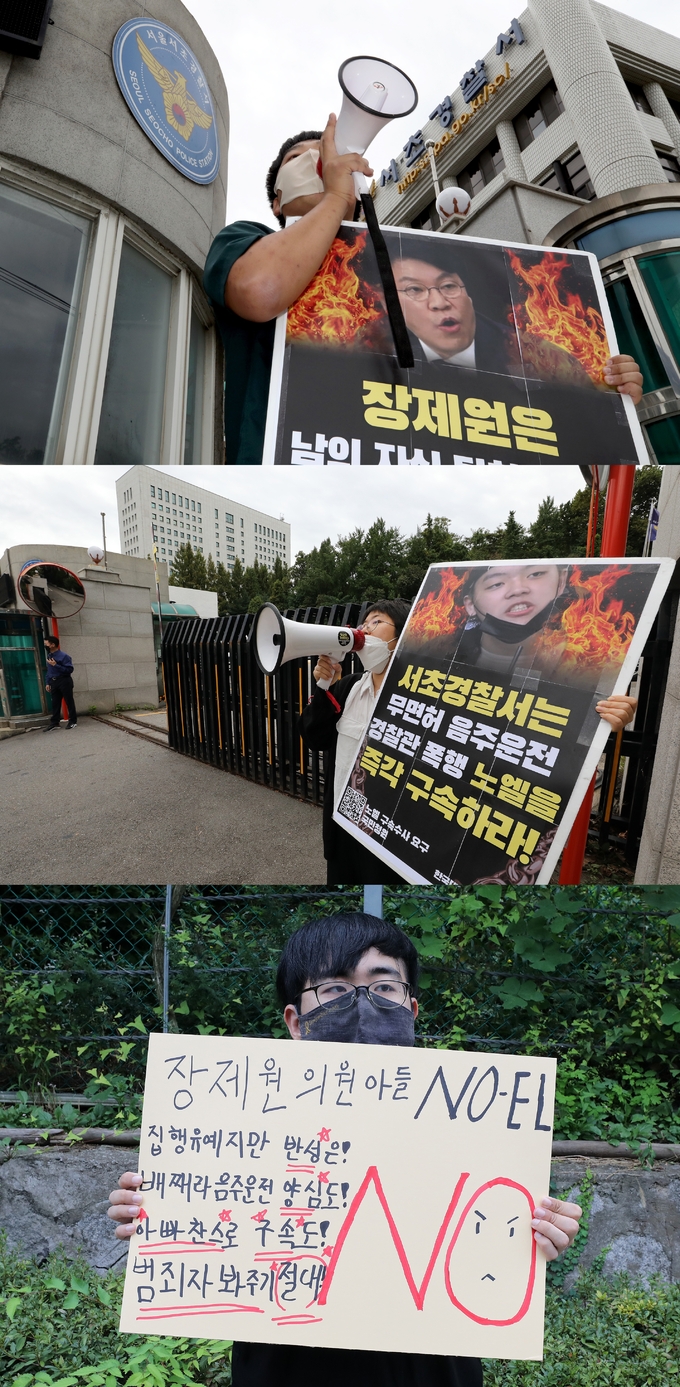— Similar rates of patients with eosinophilic granulomatosis with polyangiitis achieved remission
by
Elizabeth Short, Staff Writer, MedPage Today
February 23, 2024
WASHINGTON — Treatment with benralizumab (Fasenra) was noninferior to mepolizumab (Nucala) for relapsing or refractory eosinophilic granulomatosis with polyangiitis (EGPA), the randomized MANDARA trial showed.
Among 140 patients receiving standard therapy, the adjusted percentage of patients with remission at weeks 36 and 48 was 59% in the benralizumab group and 56% in the mepolizumab group, showing noninferiority but not superiority (P=0.73), reported Michael E. Wechsler, MD, MMSc, of National Jewish Health in Denver, at the American Academy of Allergy, Asthma & Immunology (AAAAI) annual meeting.
EGPA, a rare inflammatory disorder characterized by asthma, necrotizing vasculitis, extravascular granulomas, and blood and tissue eosinophilia, has historically “been treated with oral corticosteroids, associated with a lot of side effects, and/or other immunosuppressants like azathioprine or cyclophosphamide. All of those cause a fair amount of morbidity, and a lot of patients could not taper off their corticosteroids,” Wechsler explained.
In the phase III study, findings of which were also published in the New England Journal of Medicine, more patients treated with benralizumab had complete withdrawal of oral glucocorticoids during weeks 48 through 52 compared with mepolizumab (41% vs 26%). Furthermore, 86% of patients in the benralizumab group and 74% of the mepolizumab group had at least a 50% reduction in their oral glucocorticoid dose, though this 12% difference was not statistically significant (95% CI -1 to 25).
“I don’t think this was such a big surprise, actually,” Wechsler told MedPage Today, pointing to a previous phase III study showing reduced oral glucocorticoid doses with benralizumab in severe asthma. “It’s amazing, actually, steroids are such a big problem.”
Relapse is also common during tapering of oral glucocorticoids, contributing to patients being unable to fully discontinue treatment.
Benralizumab, an interleukin-5 receptor alpha-directed cytolytic monoclonal antibody, is currently approved for patients with severe asthma and an eosinophilic phenotype. Mepolizumab, an interleukin-5 antagonist, gained approval for EGPA in 2017, and also carries indications for asthma, among other conditions.
The multicenter, double-blind MANDARA trial randomized 140 patients 1:1 to benralizumab 30 mg or mepolizumab 300 mg subcutaneously every 4 weeks for 52 weeks. Mean age was 52 years, and 60% were women. Of these patients, 66% had relapsing disease, 60% had refractory disease, and 27% had both relapsing and refractory disease. For entry criteria, all patients had to be on oral corticosteroids, with or without immunosuppressive therapy.
All of the patients had asthma and blood eosinophilia, and the majority also had neuropathy, non-fixed pulmonary infiltrates, and sinonasal abnormality.
The primary endpoint of remission was defined as a Birmingham Vasculitis Activity Score of 0 and an oral glucocorticoid dose of 4 mg or less per day at weeks 36 and 48.
The accrued duration of remission and the time to first relapse were similar in the two groups, while mean blood eosinophil count decreased from baseline measurements at 52 weeks in both groups — from 306/µL to 32.4/µL with benralizumab and from 384.9/µL to 71.8/µL with mepolizumab. Other secondary endpoints were similar between groups as well.
Adverse events occurred in 90% of benralizumab patients and 96% of mepolizumab patients, with the most common including COVID-19, headache, and arthralgia. Severe adverse events occurred in 6% and 13%, respectively.
The researchers noted that the small sample size in the study may have limited its findings. In addition, the duration of the double-blind period and the different starting doses of oral glucocorticoids at baseline may not have allowed all patients to discontinue oral glucocorticoids.
“Future studies are also necessary to determine whether eosinophil depletion in patients with EGPA is associated with complete discontinuation of oral glucocorticoid treatment; however, the results of this trial and the previous trial suggest that complete discontinuation of oral glucocorticoids may now be an achievable treatment goal during receipt of eosinophil-targeted drugs,” they wrote.
While Wechsler said that the rare nature of EGPA makes it difficult to conduct these kinds of studies, there are a small number of real-world studies that may provide useful data in the future.
![author['full_name']](https://clf1.medpagetoday.com/media/images/author/EShort_188.jpg)
Elizabeth Short is a staff writer for MedPage Today. She often covers pulmonology and allergy & immunology. Follow
Disclosures
The study was supported by AstraZeneca.
Wechsler reported relationships with Amgen, Areteia Therapeutics, AstraZeneca, Avalo Therapeutics, Boehringer Ingelheim, Celldex, Cerecor, Cytoreason, Eli Lilly, Equillium, Genentech, Genzyme Corporation, GSK, Incyte, Kinaset Therapeutics, Merck, Novartis, Om Pharma, Overtone, Phylaxia, Pulmatrix, Rapt Therapeutics, Regeneron, Sanofi US Services, Sentien, Sound Biologics, Tetherex, Teva Pharmaceutical, Upstream Bio, and Verona.
Co-authors also reported multiple relationships with industry.
Primary Source
New England Journal of Medicine
Source Reference: Wechsler ME, et al “Benralizumab versus mepolizumab for eosinophilic granulomatosis with polyangiitis” N Engl J Med 2024; DOI: 10.1056/NEJMoa2311155.
Note: This article have been indexed to our site. We do not claim legitimacy, ownership or copyright of any of the content above. To see the article at original source Click Here













